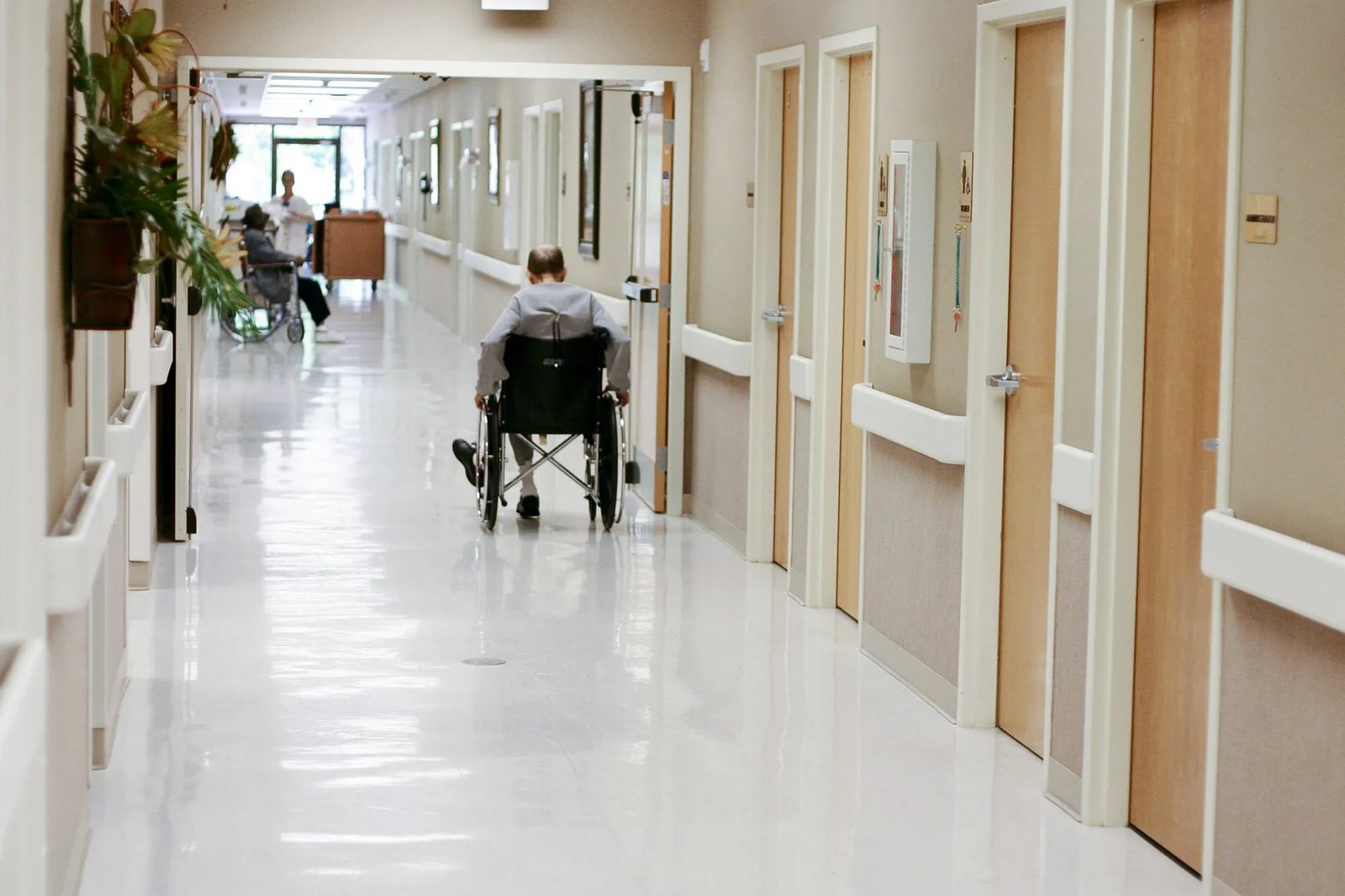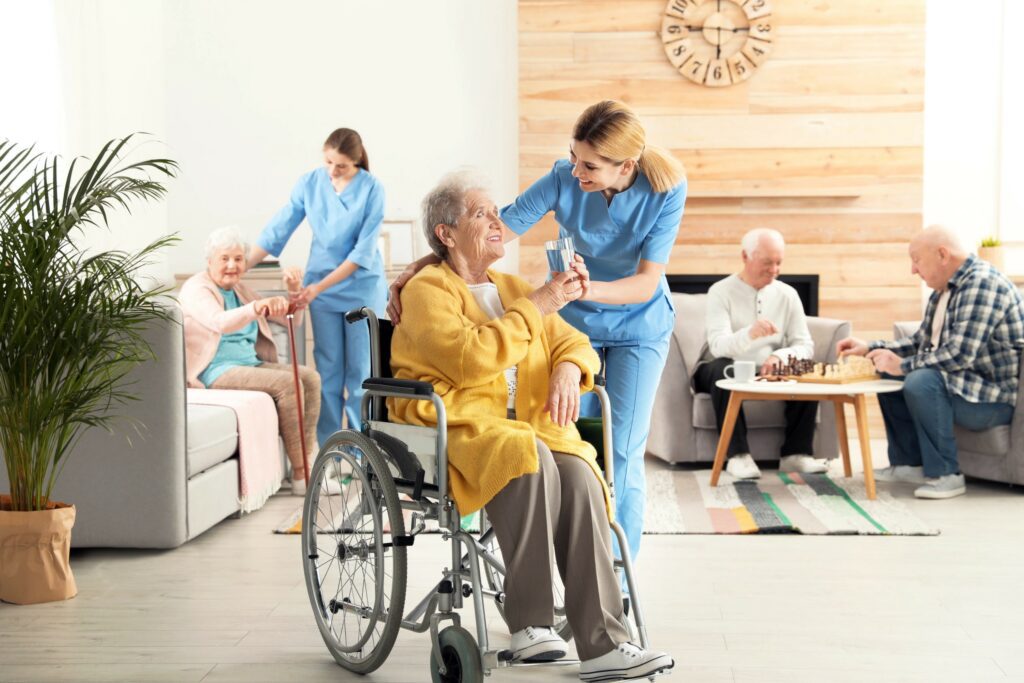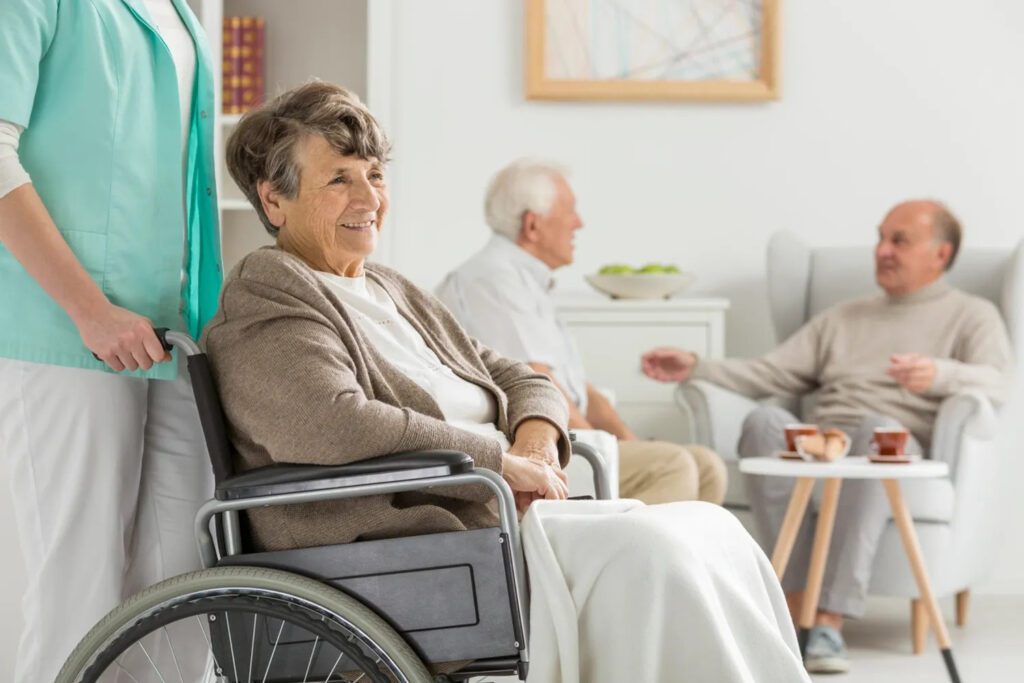The Most Important Concerns In Nursing Homes
You and your family may need to decide at some point if your loved one is better off receiving care at home rather than in a nursing facility. Ultimately, you want to place your loved ones where they will flourish and have a decent quality of life.
Because they provide round-the-clock medical care from qualified nurses, nursing homes are frequently the first option. However, it’s vital to consider some common nursing home problems before choosing one.
Read on to find out about residents’ common nursing home issues.
Most Common Complaints About Nursing Homes
Critical Staffing Shortages and Inadequate Worker Protections
Nursing homes may find it challenging to recruit and retain personnel due to low pay, long hours, and challenging jobs. Short staffing frequently results in a delay between the time a resident requests assistance and the time assistance arrives.
Some facilities fail to adequately train their staff, which might put people in risky situations. Short staffing is a serious issue that frequently results in overworked and disgruntled employees. Quality care can, in turn, be overshadowed by worker discontent.
Poor Food Quality
Complaints about the food’s quality and variety, which have long been the misery of every healthcare facility, have increased recently. Nursing facilities must proactively address food quality issues even if it is impossible to satisfy every palate while offering healthy, nourishing meal selections.
Hygiene
Many family members express concerns about shortcomings in supporting residents with regular hygiene.
Isolation
Many residents of nursing homes rely on the staff to meet their social requirements because these facilities can be lonely. Some institutions do away with social programs to reduce money, giving residents fewer chances to socialize. In nursing facilities, loneliness and isolation are frequent issues. Thus managers must foster a more positive social environment for the residents.
Misuse of Psychotropic and Other Medications
Chemical restraint, also known as the overuse of psychotropic pharmaceuticals, including sedatives, antipsychotics, and antidepressants, to manage elderly residents’ conduct in nursing homes, has raised severe concerns among US government authorities and others. Psychotropic drugs can cause major health problems, including an increased risk of death, in elderly patients.
Elder Abuse
Abuse in nursing homes is all too frequent. The treatment of the residents has drawn complaints of forceful handling, verbal abuse, and neglect. Long work days are common, and dealing with residents can be emotionally and physically exhausting, which makes staff more likely to act out violently and verbally.
Abuse of money is also rather widespread. Residents are vulnerable to theft by staff members and other residents and attempts to sign away access to their money or get credit cards or checks.
There have been contentious instances of personnel promoting resident violence, abandoning people for prolonged periods, and committing sexual assault. Some residents have been known to assault other residents when they are not under sufficient supervision. As most people concentrate on staff abuse, violence amongst residents is frequently disregarded.
25 Common Nursing Home Problems According To Experts
Apart from the most common complaints of residents and their families about nursing homes, you should also be aware of the common problems that you or your loved ones may encounter in a nursing home.
The Justice In Aging compiled a complete guide of the 25 most typical concerns that nursing home patients face and offered solutions for each, along with a clear legal justification and cautious guidance on how a resident, a relative, or an advocate could start resolving the issue.
Below are the common nursing home problems and what you need to know about them:
Poor Care Concerns
| Concern | What You Need To Know |
|---|---|
| Providing less care to Medicaid-eligible residents | A resident who qualifies for Medicaid is entitled to the same level of assistance as any other resident. |
| Failing to take care planning seriously | The creation of a care plan might involve the resident and the resident’s family. |
| Disregarding resident preferences | To respect a resident’s requirements and preferences, a nursing home must make reasonable adjustments. |
| Failing to provide necessary services | All required care must be given by a nursing facility. |
| Improper use of physical restraints | Physical restraints are not permitted for the convenience of the nursing home. |
| Improper use of behavior-modifying drugs | The use of behavior-modifying medications is only permitted with the consent of the resident or the resident’s representative and only when it is not done for the convenience of the nursing home. |
Eviction Concerns
| Concern | What You Need To Know |
|---|---|
| Eviction without proper notice | A person has the right to appeal after receiving advance written notice of a threatened eviction from a nursing home. |
| Eviction for being ‘difficult’ | Whether a resident is “easy” or “difficult,” a nursing home must nonetheless give them the care they need. |
| Eviction for complaining | A nursing facility cannot justify eviction by giving subpar care, and a resident cannot be punished for filing a complaint. |
| Eviction for refusing medical treatment | A resident has the option to decline medical care. Refusal of treatment is not a valid justification for eviction on its own. |
| Eviction for nonpayment while Medicaid application is in process | While a third-party payor is evaluating a claim, a nursing home cannot expel a resident for non-payment. |
| Eviction because Medicare payment has ended | A nursing facility cannot limit itself to short-term, Medicare-funded residents. |
| Eviction to an unsafe setting | The resident must be moved from the nursing home to a secure location. |
| Eviction while the resident is hospitalized | The next available bed that is certified by Medicaid is where a resident who qualifies for Medicaid may return. While the resident is awaiting an eviction hearing, the nursing home must permit their return. |
Medicaid Certification Concerns
| Concern | What You Need To Know |
|---|---|
| Refusal to accept Medicaid | A care facility may approve extra beds for Medicaid reimbursement. |
Medicare-related Concerns
| Concern | What You Need To Know |
|---|---|
| Refusal to bill medicare | A resident has the right to demand that the nursing home charge Medicare. |
| Refusal to pay by medicare advantage plan | Medicare Advantage denials may be appealed by residents. |
| Losing therapy for supposed failure to make progress | Often, therapy is necessary even if a resident is not making discernible development |
| Losing therapy after medicare payment has ended | Whenever a doctor orders therapy, it must be given, regardless of the resident’s funding source. |
| Forced transfer from ‘Medicare Bed’ | A “medicare bed” is not just for people who get Medicare benefits. |
Denials of Resident Rights
| Concern | What You Need To Know |
|---|---|
| Imposing visiting hours on families and friends | Residents welcome guests at all hours of the day and night. |
| Refusal to support resident and family councils | A resident or family council must have a place to meet at a nursing home. |
Admission and Billing Concern
| Concern | What You Need To Know |
|---|---|
| Forcing family members and friends to take on financial liability | The only person who can be held financially accountable for nursing home expenses at a nursing home is the resident. |
| Forcing residents to commit to arbitration | There is no justification for a resident to enter into arbitration during admission. |
| Excessive charges | A nursing facility is only permitted to bill for expenses specified in the admission agreement. |
Stats About Nursing Home Issues That You Should Know
- Nursing homes have lost 241,000 employees in two years.
- More than 1 in 10 nursing home residents develop bedsores.
- Almost one in two nursing home residents have depression.
- Only 1 out of 24 elder abuse cases gets reported to authorities.
- Most lawsuits involving nursing homes are resolved out of court.
- Two out of three staff members in institutions like nursing homes and long-term care facilities report abusing elderly individuals at some point in the previous year.
- Most nursing home victims of neglect and abuse are women, with nearly 60%.
- The U.S. Justice Department notes that caregiver neglect is the most unreported type of abuse, with 1 out of every 57 cases being reported. Neglect is also one of the most common types of elder abuse.
- Only 1 out of every 57 cases of caregiver neglect is reported, according to the U.S. Justice Department, making it the most underreported kind of abuse.
Bottomline
Nursing facilities guarantee to offer a shelter to the most vulnerable among us. Neglect is also one of the most common. But occasionally they fall short of their promise. Do not allow nursing home abuse, neglect, or other problems to continue for another day if your loved one has been a victim. Take action now to protect your loved one from common forms of elder abuse.
For those still in the process of planning their loved one’s transition to a nursing home, keep the said concerns in mind and find ways right away to prevent them from happening or what your actions will be in case such issues happen.






